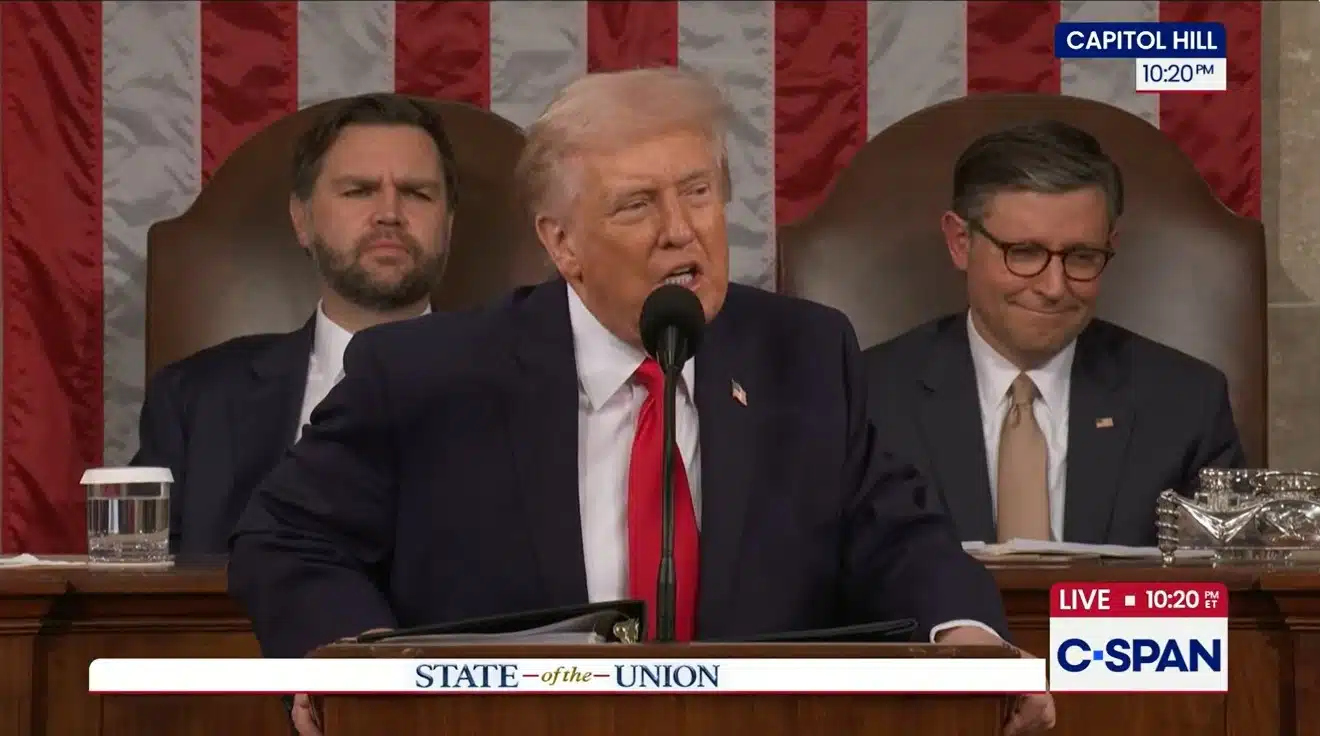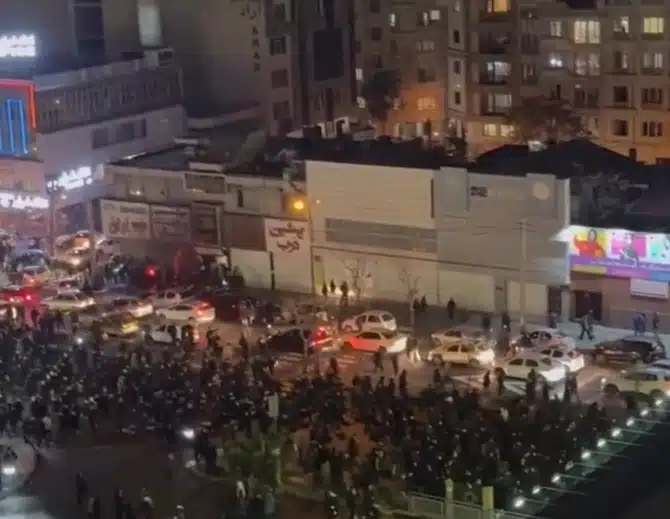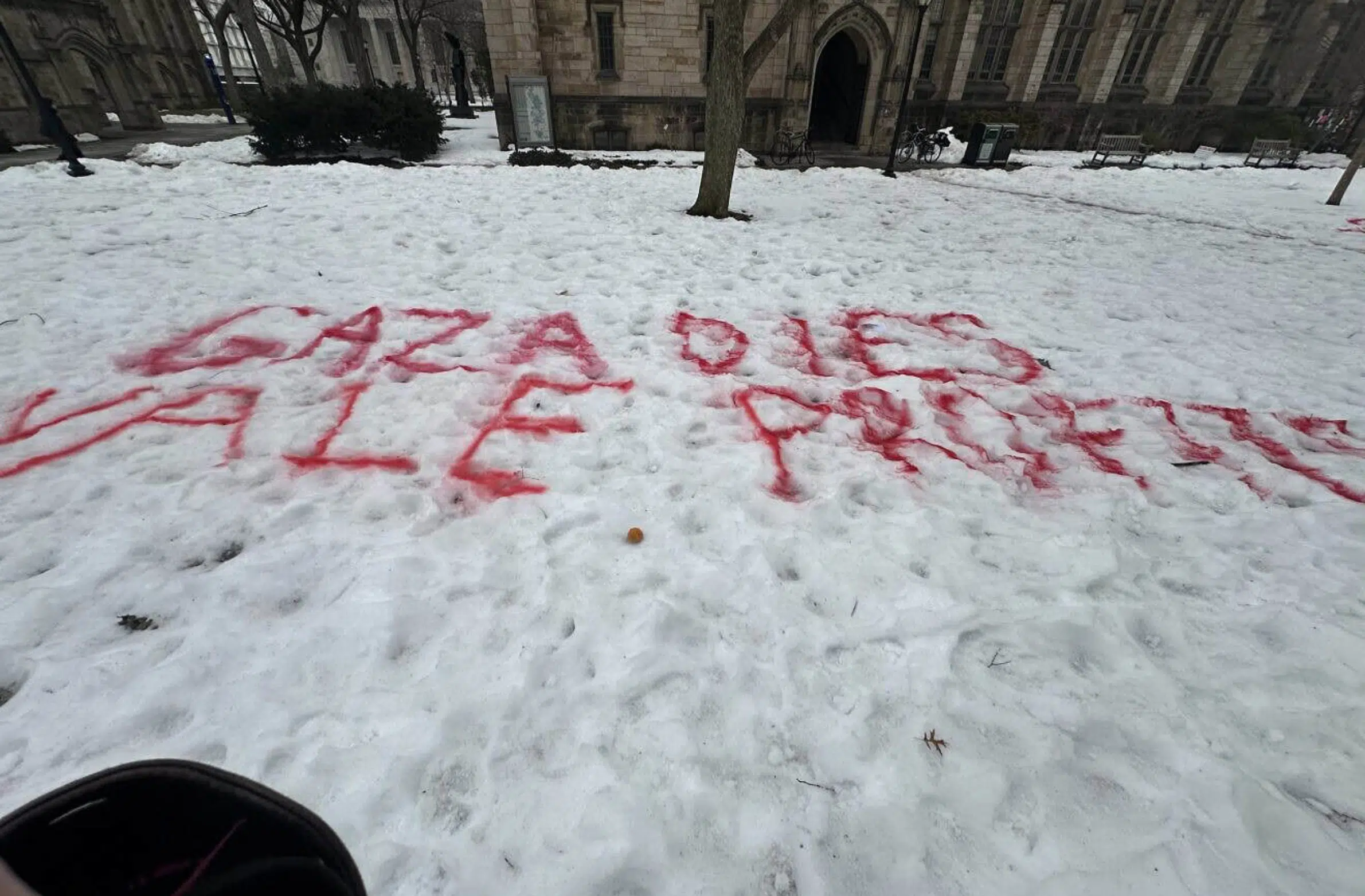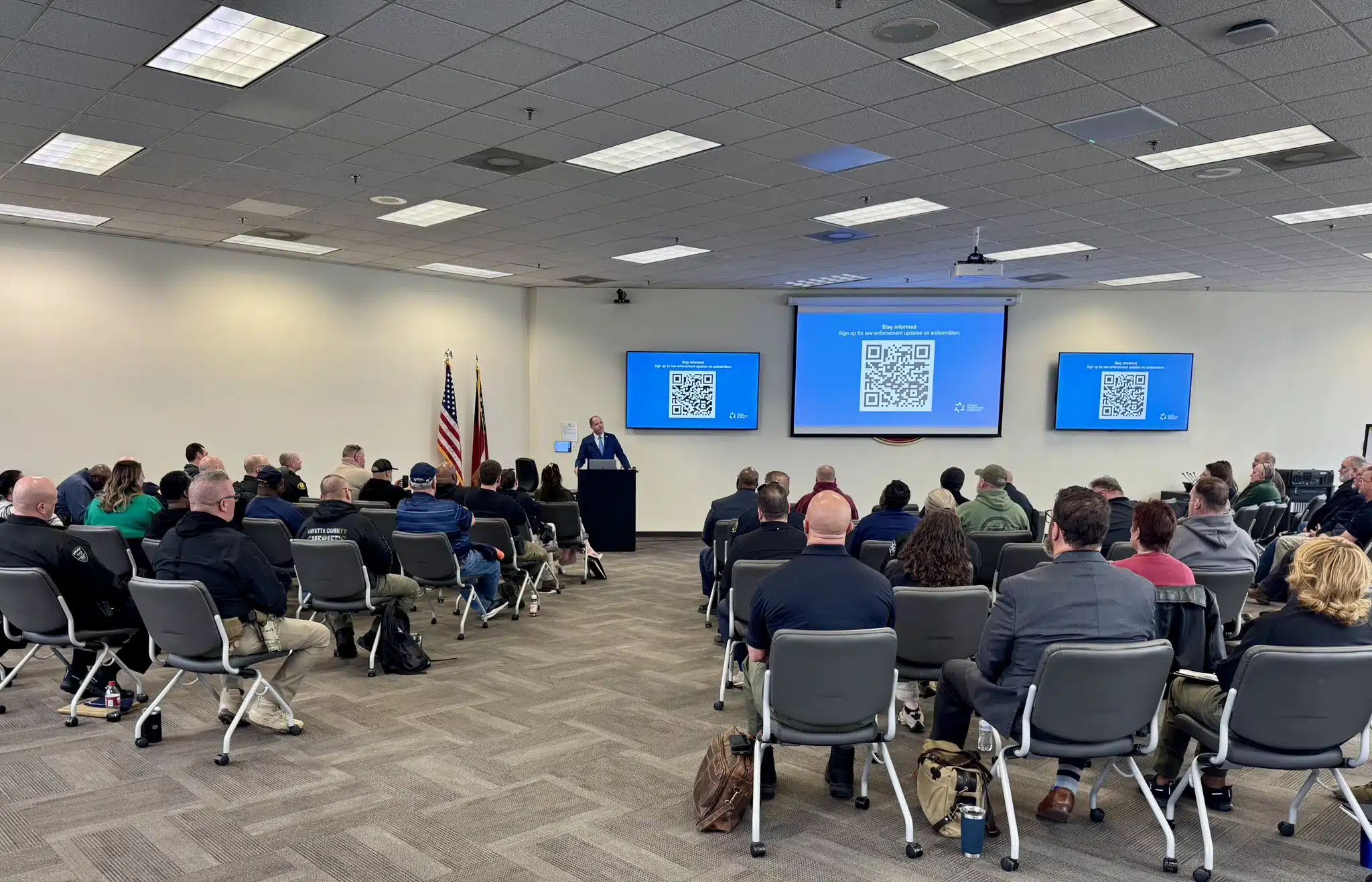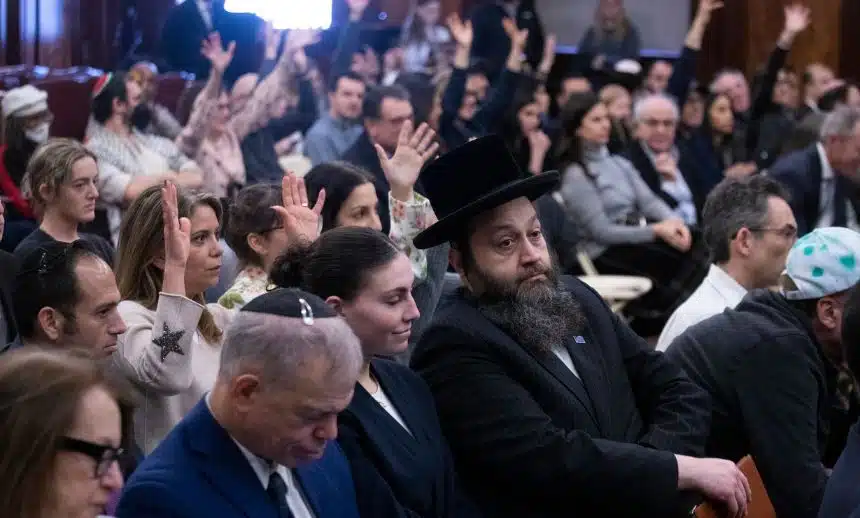

US, UN, UK & German Officials Hear Anti-Semitism Testimony, Call for Global IHRA Definition Adoption
IHRA Chair (Amb. Michaela Kuchler), UN Special Rapporteur (Ahmed Shaheed) and anti-Semitism envoys from US (Elan S. Carr), UK (Lord Pickles) and Germany (Dr. Felix Klein) hear from victims of the 11 examples of anti-Semitism in the IHRA definition
16 September 2020 (New York) – Officials from the United States, United Nations, UK and Germany called today for greater adoption of the International Holocaust Remembrance Alliance (IHRA) definition of anti-Semitism, describing it as a critical tool to combat hatred against Jews and Jewish communities.
Organized by the Combat Anti-Semitism Movement (CAM) against the backdrop of increasing anti-Semitism across the world from multiple ideological directions, the online event featured Ambassador Michaela Küchler (Chair of the International Holocaust Remembrance Alliance), Elan S. Carr (US Special Envoy for Monitoring and Combating Anti-Semitism), Dr. Felix Klein (Federal Commissioner for Jewish Life in Germany and the Fight Against Anti-Semitism), Lord Eric Pickles (United Kingdom Special Envoy for Post-Holocaust Issues) and Ahmed Shaheed (UN Special Rapporteur on Freedom of Religion or Belief).
Victims from across the world, who have been the target of anti-Semitism in a wide variety of settings, described their experiences. These personal stories were utilized to illustrate the eleven unique examples of modern anti-Semitism under the IHRA definition, demonstrating how it can be used in everyday, contemporary life.
Those who shared their first-hand experiences included Jonathan Morales, who tackled the gunman who killed a synagogue worshipper in Poway, California last year. Israeli writer, speaker, social media activist and advocate, Hen Mazzig, described how he faced loud cries on campus to destroy Israel, denying the Jewish People’s right to self-determination. Susan Libby relayed her experience in 1980s Chicago, where she was subject to accusations that Jewish doctors infected black babies with AIDS. Meanwhile, Laurel Grauer outlined how she was ejected from the ‘Dyke March’ in Chicago, for displaying a Jewish Pride flag.
Ambassador Michaela Küchler, Chair of the International Holocaust Remembrance Alliance warned, “Anti-Semitism has arrived in the mainstream of our societies… It affects us all and it requires each and every single one of us to combat it.”
In particular, she encouraged social media platforms to adopt the IHRA definition, saying “In order to create broad public awareness, social media platforms both big and small, have to acknowledge their responsibility, just like traditional media. Especially now, we must ensure that the fight against anti-Semitism and the education efforts can weather the storm of the pandemic, so that our democratic societies can emerge from this challenging time intact.”
Elan S. Carr, US Special Envoy for Monitoring and Combating Anti-Semitism described the IHRA definition as “critical” and “foundational,” asking “How can you confront an enemy when you don’t understand the enemy?… We have a vehicle for doing that, we have a standard definition of anti-Semitism and it is critically important.”
He also noted that “IHRA makes clear that hatred of the Jewish State is hatred of the Jewish People,” and added “It’s important that it’s not just governments that adopt it…Civil society needs to adopt it, internet and social media platforms should be adopting it, universities should be adopting it.”
Ahmed Shaheed, UN Special Rapporteur on Freedom of Religion or Belief noted that “Anti-Semitism is increasingly exponentially as we speak,” explaining “What is important is to have clear guidance on what we mean by anti-Semitism, the 11 examples are very helpful in that regard.”
He expressed particular concern over online anti-Semitism, saying “With the online dimension, we have seen young people around the world embrace Holocaust denial. There are algorithms that will guide you to Holocaust denial pages on some social media platforms.”
He added, “We should all recognize that this is not a problem for Jews alone, it is a human rights problem that we must all tackle and the UN must take the lead as a global leader for everybody.”
Dr. Felix Klein, Federal Commissioner for Jewish Life in Germany and the Fight Against Anti-Semitism said that “the IHRA definition is an essential tool in the fight” against online anti-Semitism. He outlined the legislation in Germany which targets online hate, explaining “The IHRA definition helps in the diagnosis, it helps police forces to identify anti-Semitism…and it helps those who work for these platforms.”
Lord Eric Pickles, United Kingdom Special Envoy for Post-Holocaust Issues said it was “a matter of pride” that the UK was the first country to adopt the IHRA defitinion. He explained, “We know from surveys that maybe 30 per cent of the [UK] population… believe some of the tropes about Jews controlling the press or about Jews having a lot of money.” He added, “We really need to bear down on this anti-Semitism. That is why the IHRA definition is so important, because it deals with the modern nature of anti-Semitism.”
Frankfurt Mayor Uwe Becker, who is a CAM Advisory Board member, also joined the event and announced that in early November, CAM will host an international mayor’s conference on anti-Semitism, providing tools and methods for municipal leaders to confront anti-Semitism and hate speech.
The Combat Anti-Semitism Movement is a non-partisan, global grassroots movement of individuals and organizations, across all religions and faiths, united around the goal of ending anti-Semitism in all its forms. Since launching in February 2019, 275 organizations and 285,000 individuals have joined the Combat Anti-Semitism Movement by signing the campaign’s pledge. The CAM Pledge draws upon the IHRA international definition of anti- Semitism and its list of specific behaviors used to discriminate against the Jewish people and the Jewish State of Israel.
The 90-minute long event can be viewed in full on YouTube.

